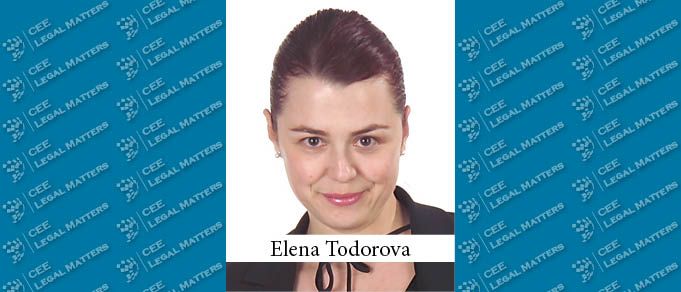In general, a medicinal product can be placed on the Bulgarian market after obtaining a marketing authorisation / certificate for registration issued under the Bulgarian Medicinal Products in Human Medicine Act or after completing the "centralised procedure" under Regulation (EC) No 726/2004 of the European Parliament and of the Council of 31 March 2004 laying down Community procedures for the authorisation and supervision of medicinal products for human and veterinary use and establishing a European Medicines Agency ("Regulation 726/2004").
The "centralised procedure" allows the marketing authorisation holder to receive one single marketing authorisation and, based on that, to market the authorised medicinal product throughout the EU. The centralised procedure is mandatory for orphan medicinal products (medicines for rare diseases) and for products derived from biotechnology (e.g. biological medicinal products such as vaccines, stem cells and tissue engineering products, etc.).
According to Article 82(1) of Regulation 726/2004, the applicant may be granted only one (unique) authorisation. However, the second subparagraph of Article 82(1) provides for an exception: the Commission may agree to the submission of a further application for the same medicinal product ("duplicate marketing authorisation") "….when there are objective verifiable reasons relating to public health regarding the availability of medicinal products to healthcare professionals and/or patients…".
Usually to increase the availability of their products, the authorisation holders use the above-mentioned exception to obtain (at reduced cost) a duplicate authorisation for the first generic of the already authorised chemical medicinal products.
The European Medicines Agency (EMA) is the competent authority to assess whether the conditions for issuance of a duplicate authorisation have been met. To ensure the transparency and predictability of the EMA's assessment, the Commission published in 2010 the Notice on Handling of Duplicate Marketing Authorisation Applications of Pharmaceutical Products under Article 82(1) of Regulation (EC) No 726/2004 (the "Notice"). It was updated in 2011 and again in March 2021.
What's new?
a) Product's availability in focus
According to the most recent amendments to the Notice, "there is no automatic link between the introduction of a duplicate marketing authorisation by the holder of the original medicinal product (be it a chemical or a biological medicinal product) and the increased availability." Therefore, Annex 1 to the Notice is amended to stress that the duplicate marketing authorisation requested because of public health reasons is a procedure for which the applicant should provide specific evidence with regards to the product in question. The evidence (e.g. list of the EU Member States where the "first" medicinal product is actually marketed and where the duplicate will be made available) must allow the Commission to verify the positive effect of the duplicate on the product's availability. Any claim about the increase of a product's availability should be assessed on a case-by-case basis by examining the justification and evidence provided.
b) Orphan medicinal products and paediatric use marketing authorisations
Section 2.1 of the Notice sets out a list of practical cases that fall outside the scope of Article 82(1). The list is now extended and includes cases where a separate marketing authorisation application is required by (a special) law. In such cases, the applicants do not have to submit a request for a duplicate under Article 82(1).
Considering the list in Section 2.1, this would be the case with (i) applications submitted under Article 7(3) of Regulation (EC) No 141/2000 (according to which an orphan and non-orphan indication cannot be covered by the same marketing authorisation), and (ii) applications submitted under Article 30 of Regulation (EC) No 1901/2006 – paediatric use marketing authorisations.
While the Notice is not legally binding, the amendments to Section 2.1 are in line with (i) the concept of the orphan exclusivity protection / supplementary protection for paediatric use marketing authorisations, and (ii) applicable case law.
c) Biosimilars
The 2011 version of the Notice did not include specific considerations with regard to biological products and/or biosimilar medicines. The latest amendments of the Notice were initiated predominantly because the Commission detected potential local market issues (including competitive disadvantages) related to granting duplicates for biological medicines, since when it comes to biosimilars, the "impossibility to characterise biosimilars as 'generics' has repercussions on a series of factors that influence market access".
Applicants requesting a duplicate marketing authorisation can initiate pre-submission activities with the EMA prior to having the Commission's agreement as required under Article 82(1). They must also complete the template provided in Section II of the Annex to the Notice and submit it along with the request letter. The template should be used for all applications submitted from 1 April 2021 onwards.
By Elena Todorova, Attorney at Law, Schoenherr
















